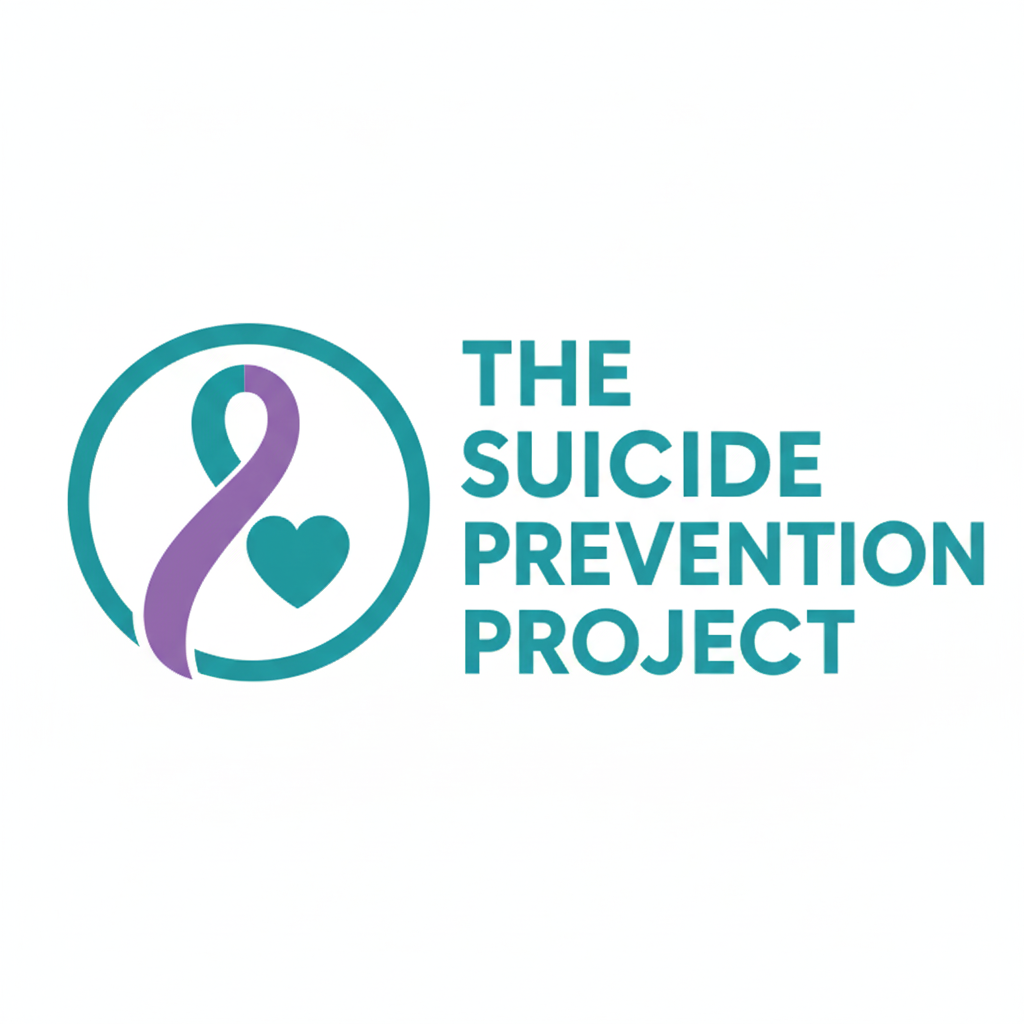Suicide among veterans is a critical issue that often remains under-discussed in civilian communities. Understanding the unique challenges faced by veterans can foster empathy, improve support systems, and ultimately save lives. Here’s what every civilian should know about veterans and suicide.
The Scope of the Problem
Veterans are at a higher risk of suicide compared to the general population. According to the U.S. Department of Veterans Affairs, an average of 17 veterans die by suicide each day. This alarming statistic underscores the urgent need for awareness, prevention, and intervention efforts tailored specifically for veterans.
Why Are Veterans at Higher Risk?
Several factors contribute to the elevated suicide risk among veterans:
Mental Health Challenges: Many veterans struggle with post-traumatic stress disorder (PTSD), depression, anxiety, and traumatic brain injuries resulting from combat or military service.
Transition Difficulties: Adjusting to civilian life after military service can be challenging. Veterans often face issues like unemployment, homelessness, and loss of identity or community.
Stigma Around Seeking Help: Cultural and institutional stigma within the military may discourage veterans from seeking mental health care.
Physical Health Issues: Chronic pain and disabilities resulting from service can contribute to feelings of hopelessness and despair.
What Civilians Can Do to Help
- Educate Yourself and Others
Learn about the unique experiences and challenges veterans face. Share accurate information to dispel myths and reduce stigma around mental health and suicide. - Foster Open Communication
Encourage veterans in your life to talk about their feelings and struggles without judgment. Sometimes, simply listening can make a significant difference. - Recognize Warning Signs
Be aware of signs such as withdrawal, changes in behavior, expressions of hopelessness, or talking about death. If you notice these signs, encourage the individual to seek professional help. - Support Veteran Organizations
Donate to or volunteer with organizations that provide mental health services, crisis intervention, and community support for veterans. - Advocate for Better Policies
Support policies that improve access to healthcare, housing, employment, and social services for veterans.
Resources for Veterans and Their Loved Ones:
Veterans Crisis Line: Call 988 and press 1, or text 838255 for confidential support.
National Alliance on Mental Illness (NAMI): Offers resources and support groups for veterans.
VA Mental Health Services: Provides comprehensive care for veterans dealing with mental health issues.
Conclusion
Understanding veterans’ struggles with mental health and suicide is crucial for building a supportive community that honors their service. Every civilian has a role to play in reducing veteran suicide through education, compassion, and action. By working together, we can help veterans find hope and healing beyond their military service.


Leave a Reply